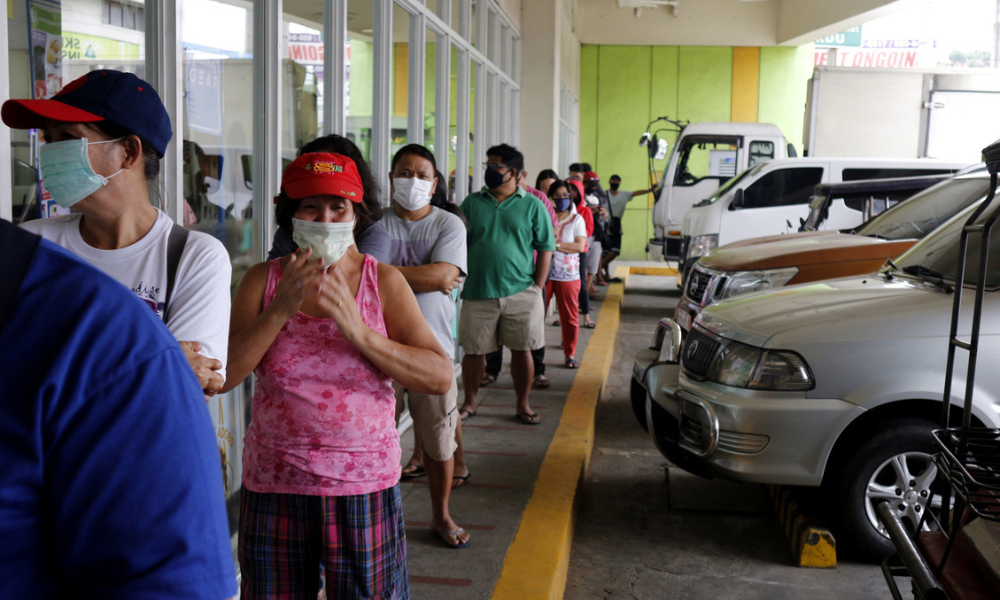
Changes to workplace capacity will be enforced in the coming weeks

The National Capital Region (NCR) in the Philippines will be entering Alert Level 1 starting March, which will see the easing of several restrictions in workplaces across the region. Here are the things that employers need to know, based on the guidelines of the country's Inter-Agency Task Force (IATF) against COVID-19.
All private officers and workplaces, including public and private construction sites, may now operate at full 100% capacity, according to the IATF guidelines, as long as they are consistent with the national issuances on vaccination requirements for on-site work. Government agencies are also covered by the 100% on-site workplace capacity.
"Off-site work shall be under such work arrangements subject to relevant rules and regulations issued by the Civil Service Commission and the Office of the President," read the guidelines.
For employers asking their employees back on-site, the IATF stressed that they need to ensure adequate air exchange and ventilation with the following guidelines in place:
The use of plastic, acrylic barriers, or dividers are also optional, according to the IATF, while the Safety Seal Certification Program from the national government is now optional. Businesses granted with the certification are encouraged to "use it as a marketing tool."
Read more: Six in 10 employees quit over poor office 'air quality'
The IATF guidelines state that employers may continue providing flexible and alternative work arrangements, depending on function or individual risk. However, the Department of Trade and Industry told INQUIRER.net that workers are urged to physically report to their workplaces to "revive the economy."
Meanwhile, Sergio Ortiz-Luis, Jr., president of the Employers Confederation of the Philippines (ECOP), welcomed on Monday the easing of restrictions in the NCR.
The ECOP president said in a radio interview that it will depend on the company whether they want to bring their workers back on-site. He said that employees in manufacturing and construction may be asked to return physically, while office employers may take the return-to-workplace scheme slowly.
The NCR is the seat of government and one of the three defined metropolitan areas in the Philippines. It joins 38 other areas in entering Alert Level 1 starting March.